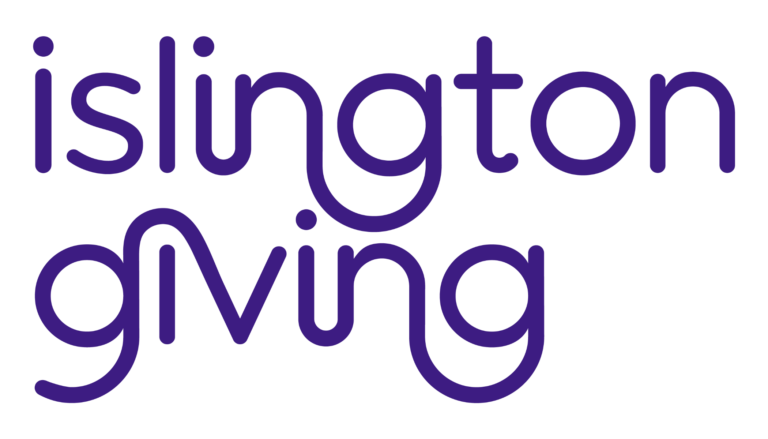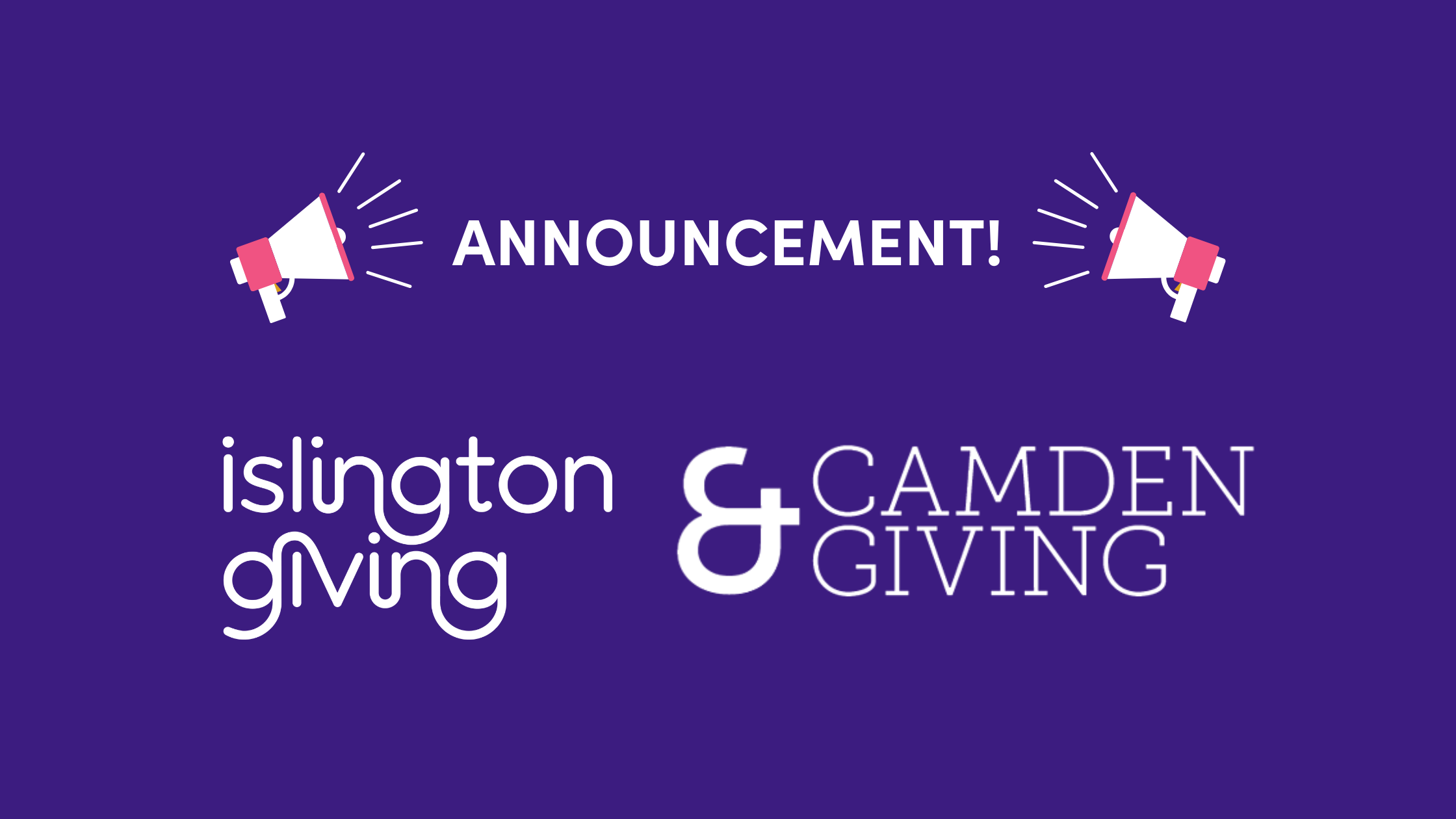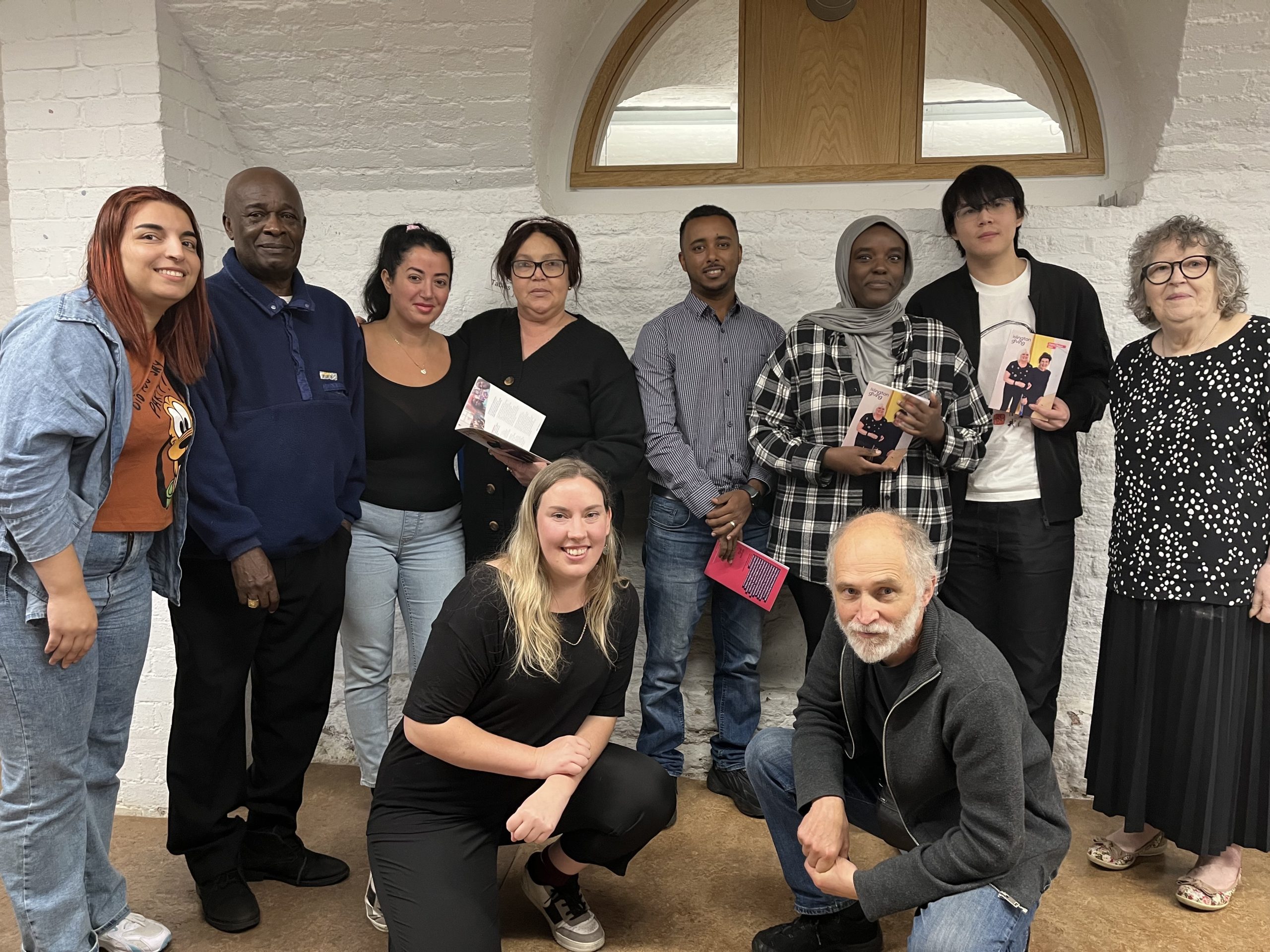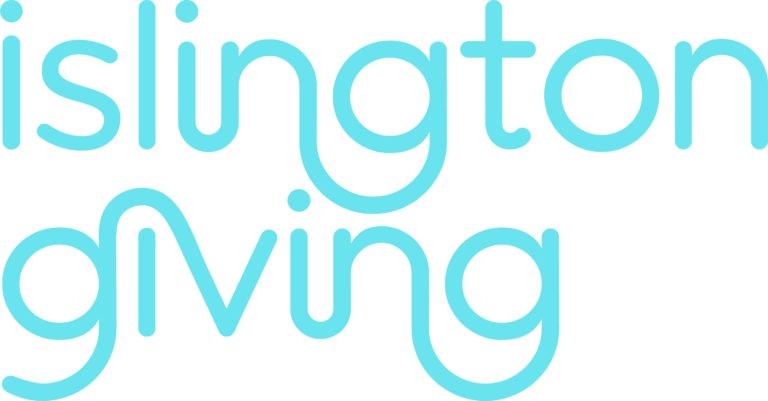In our International Women’s Day series, we explore the theme of #InspireInclusion. Here, Nezahat Cihan, Chair of our parent charity, Cripplegate Foundation and CEO of London Legal Support Trust, talks about entrenched inequality, being vigilant about the power of money, and her inspiring role models.
What does #InspireInclusion mean to you?
Inspire Inclusion means equality and fairness for all, regardless of their background or beliefs. Inclusion, for me, is the cornerstone of a just and fair society. Inspiring inclusion creates an environment where we celebrate our differences, challenge stereotypes and learn from one another.
“Inspiring inclusion creates an environment where we celebrate our differences, challenge stereotypes and learn from one another.”
What role can funders like Islington Giving and Cripplegate Foundation play to inspire more inclusion across their grants and programmes, particularly for women and / or underrepresented groups?
Nezahat Cihan: Inequalities and injustice are so deeply rooted in our societies. Women are among marginalised communities that face more inequalities and injustice. If we want to bring true inclusion in our practices, we need to be vigilant about the power of money we have and how we pass that power over the people we want to serve and ask ourselves key questions such as: Are we inclusive and fair ourselves? How do we proactively empower and include end users with lived experiences in our decision-making mechanisms? True inclusion means we challenge stereotypes, promote empathy and celebrate our differences. These should shape our values, principles and ethos in our grant-making.
“If we want to bring true inclusion in our practices, we need to be vigilant about the power of money we have and how we pass that power over the people we want to serve.”
Who/can you tell us about a woman (perhaps a woman in Islington or in your area of work) that you are inspired by and why?
I have had several role models in my life, but one in particular, my sister-in-law, impacted my views on gender equality a lot. She was the first person to discuss gender equality and women’s rights with me, and she helped me question traditional roles that are drawn for women and girls. As a strong human rights/women’s rights activist, she is a very well-read and knowledgeable woman who likes questioning the status quo in all aspects of life. Inequalities and barriers women face are ingrained so deep in our societies that, as women, we need to question regulations and practices around us to create awareness of women’s rights. Thanks to role models like my sister-in-law, I managed to do just that through the later part of my life.






